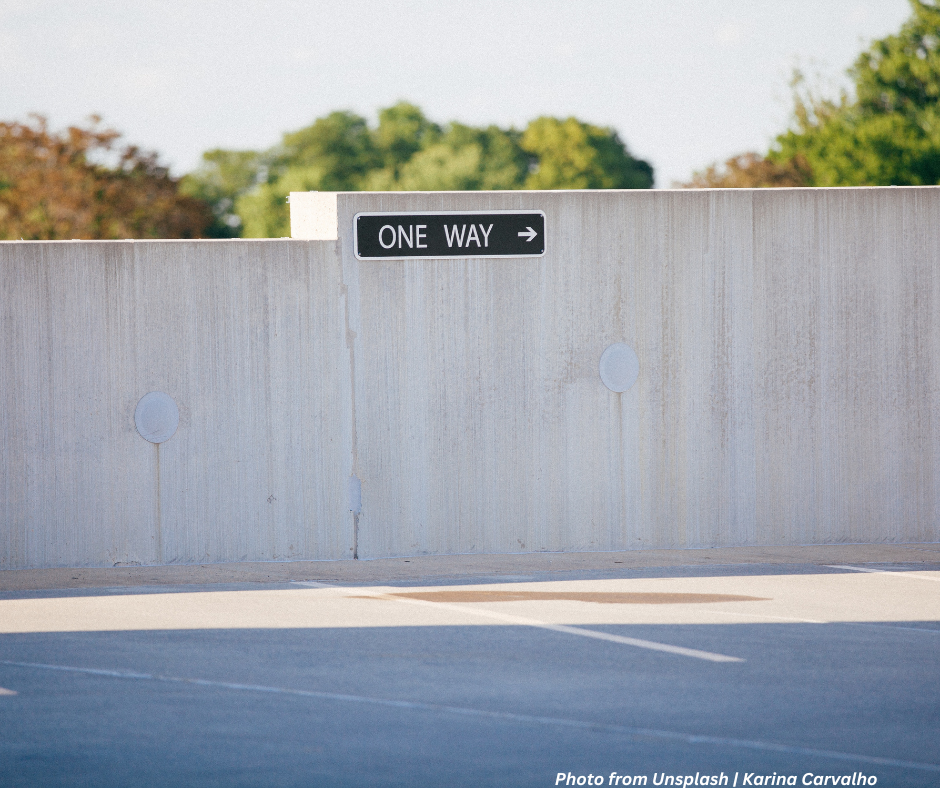
Photo from Unsplash | Karina Carvalho
The following post does not create a lawyer-client relationship between Alburo Alburo and Associates Law Offices (or any of its lawyers) and the reader. It is still best for you to engage the services of a lawyer or you may directly contact and consult Alburo Alburo and Associates Law Offices to address your specific legal concerns, if there is any.
Also, the matters contained in the following were written in accordance with the law, rules, and jurisprudence prevailing at the time of writing and posting, and do not include any future developments on the subject matter under discussion.
AT A GLANCE:
The easement of right of way shall be established at the point least prejudicial to the servient estate, and, insofar as consistent with this rule, where the distance from the dominant estate to a public highway may be the shortest. (Art. 650, Civil Code of the Philippines)
Easement of Right of Way is a privilege by which one person or a particular class of persons is allowed to pass over another’s land, usually thru one particular path or line.
The law says –
Art. 650. The easement of right of way shall be established at the point least prejudicial to the servient estate, and, insofar as consistent with this rule, where the distance from the dominant estate to a public highway may be the shortest.
Jurisprudence says –
Based on these provisions, the following requisites need to be established before a person becomes entitled to demand the compulsory easement of right of way:
- An immovable is surrounded by other immovables belonging to other persons, and is without adequate outlet to a public highway;
- Payment of proper indemnity by the owner of the surrounded immovable;
- The isolation of the immovable is not due to its owner’s acts; and
- The proposed easement of right of way is established at the point least prejudicial to the servient estate, and insofar as consistent with this rule, where the distance of the dominant estate to a public highway may be the shortest.
An easement of right of way is a real right. When an easement of right of way is granted to another person, the rights of the property’s owner are limited. An owner may not exercise some of his or her property rights for the benefit of the person who was granted the easement of right of way. Hence, the burden of proof to show the existence of the above conditions is imposed on the person who seeks the easement of right of way.
The court explained in Dichoso, Jr. v. Marcos that the convenience of the dominant estate’s owner is not the basis for granting an easement of right of way, especially if the owner’s needs may be satisfied without imposing the easement.
Thus:
Mere convenience for the dominant estate is not what is required by law as the basis of setting up a compulsory easement. Even in the face of necessity, if it can be satisfied without imposing the easement, the same should not be imposed.
Source: Alicia B. Reyes, vs. Spouses Francisco S. Valentin and Anatalia Ramos, G.R. No. 194488, February 11, 2015
Read also: CAUSES FOR EXTINGUISHMENT OF THE EASEMENT OF RIGHT OF WAY
Alburo Alburo and Associates Law Offices specializes in business law and labor law consulting. For inquiries regarding taxation and taxpayer’s remedies, you may reach us at info@alburolaw.com, or dial us at (02)7745-4391/0917-5772207.
All rights reserved.

